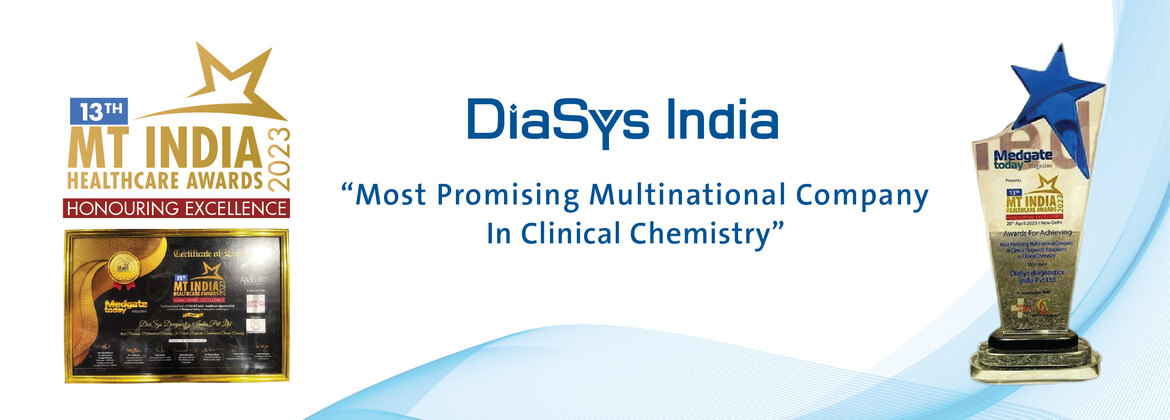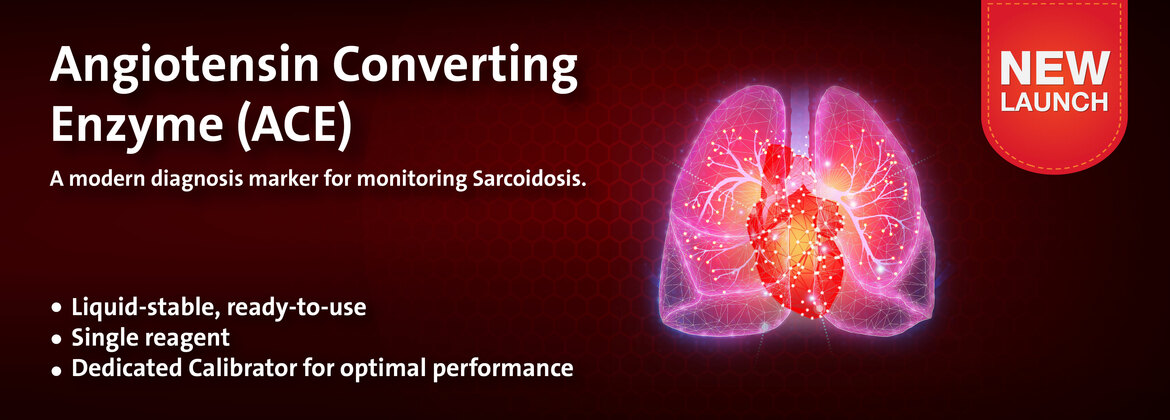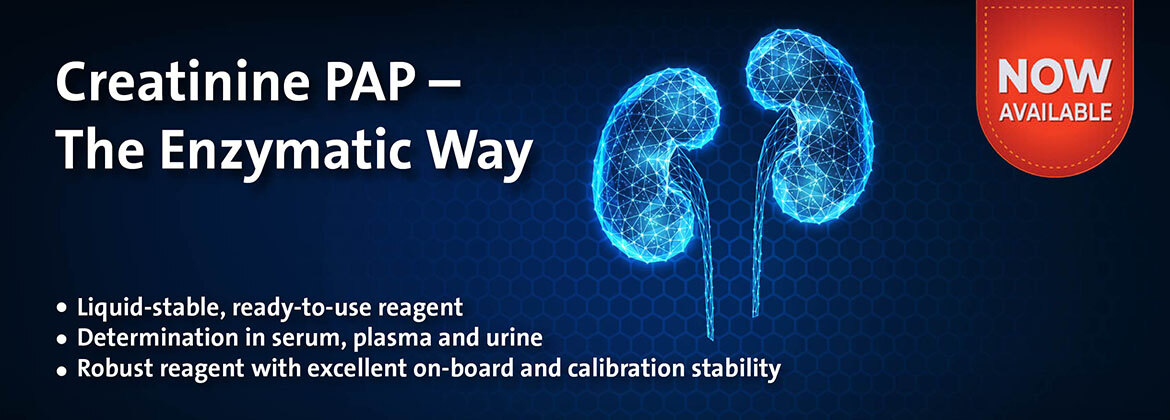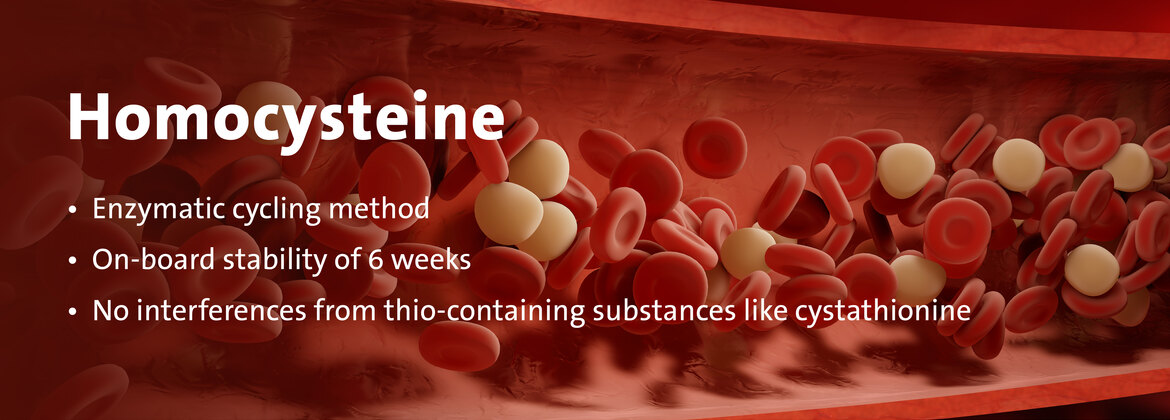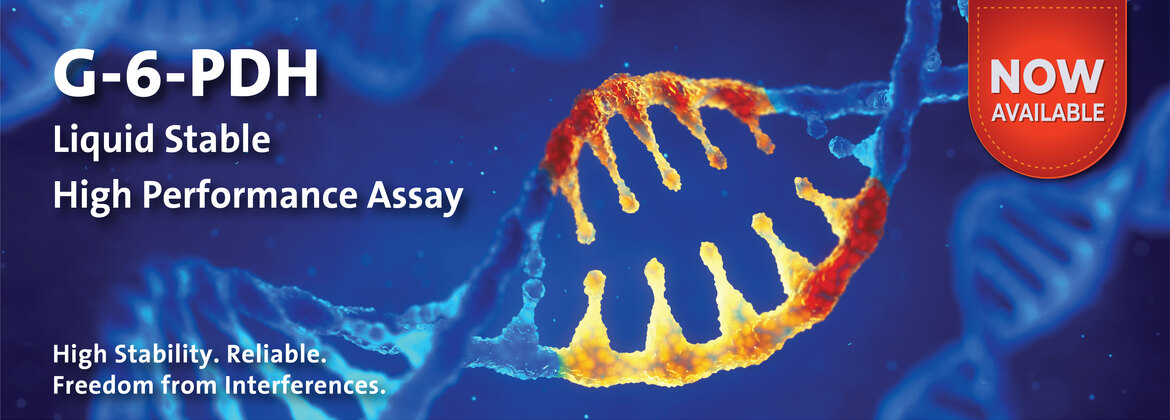2019-12-03: Diabetes and HbA1c testing
Diabetes and HbA1c testing
Diabetes, a chronic lifelong metabolic condition wherein, the body becomes resistant to the effect of insulin or does not produce enough Insulin to process glucose. Characterized by elevated blood glucose levels, Diabetes for a long period leads to serious cardiovascular disorders, neuropathy, Glaucoma and renal failure. In the recent times, the prevalence of type 2 diabetes has risen dramatically across the globe. For diabetic patients, access to affordable treatment, including insulin, is critical to their survival. Thus, for such patients, continuous monitoring of blood glucose level is very crucial to keep the Diabetes under control. There are multiple options for the detection and monitoring of diabetes which measure the level of glycemic index a person exhibits. i.e. how much glucose is present in their blood. WHO recommends glycated haemoglobin, or HbA1c, as an essential test to monitor diabetes mellitus and analyze the course of treatment in controlling diabetes. Hemoglobin, is a substance in the RBC’s that carries oxygen to tissues. It can also attach to sugar in the blood, forming a substance called glycated hemoglobin, or Hemoglobin A1c. The determination of glycated hemoglobin (HbA1c) is an important test to determine proper management of Diabetes The Glycation process is irreversible and so glycated hemoglobin (HbA1c) remains in its state for approximately 8-12 weeks (lifespan of red blood cells) HbA1c measurement reflects average plasma glucose over 8 to 12 weeks. It can be performed at any time of the day and does not require any special preparation such as fasting. DiaSys Diagnostics India Pvt Ltd introduces QDx A1c Advance, an One step A1c system based on Bead Affinity Chromatography test principle. Its Compact, Convenient, Reliable and easy to use system useful for Laboratory, Hospitals, and Doctors Clinic. More Information about QDx A1c Advance

